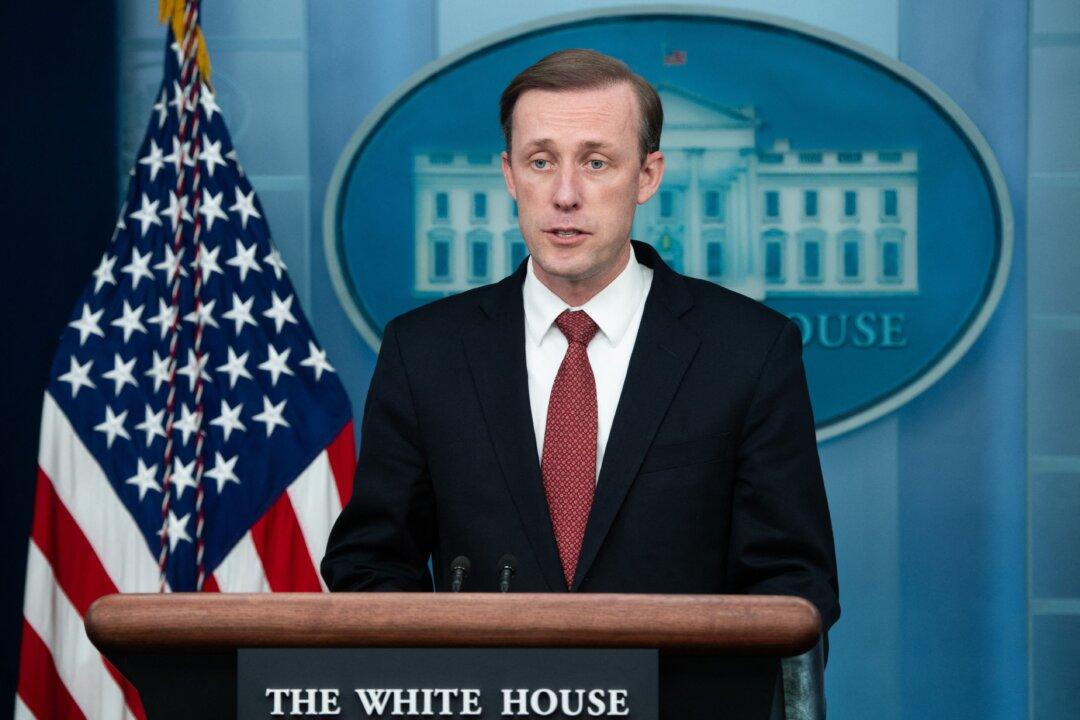President Joe Biden’s administration is preparing to unveil another round of sanctions against Russia, White House national security adviser Jake Sullivan said on March 22.
The sanctions will be announced in coordination with the European Union.

President Joe Biden’s administration is preparing to unveil another round of sanctions against Russia, White House national security adviser Jake Sullivan said on March 22.
The sanctions will be announced in coordination with the European Union.